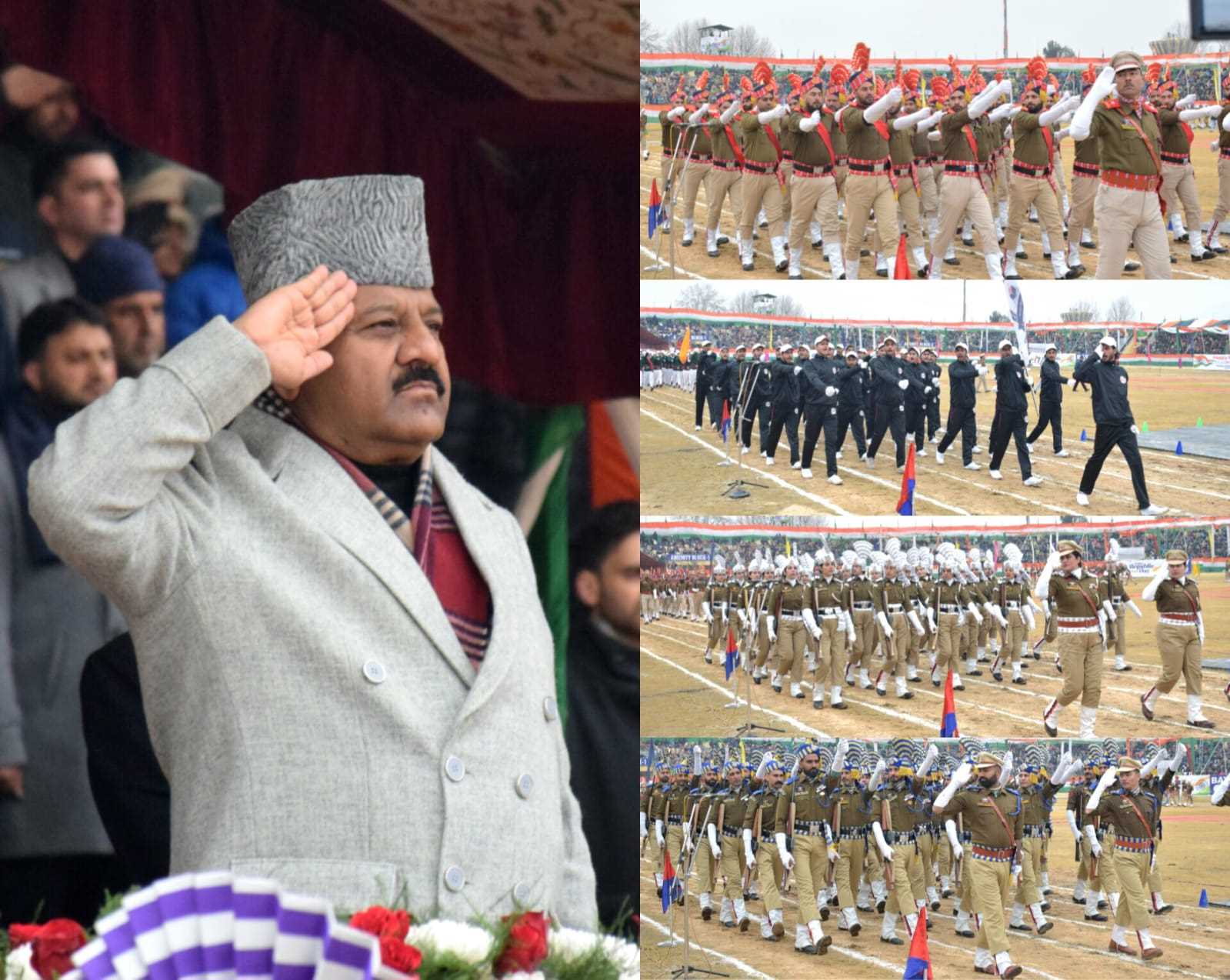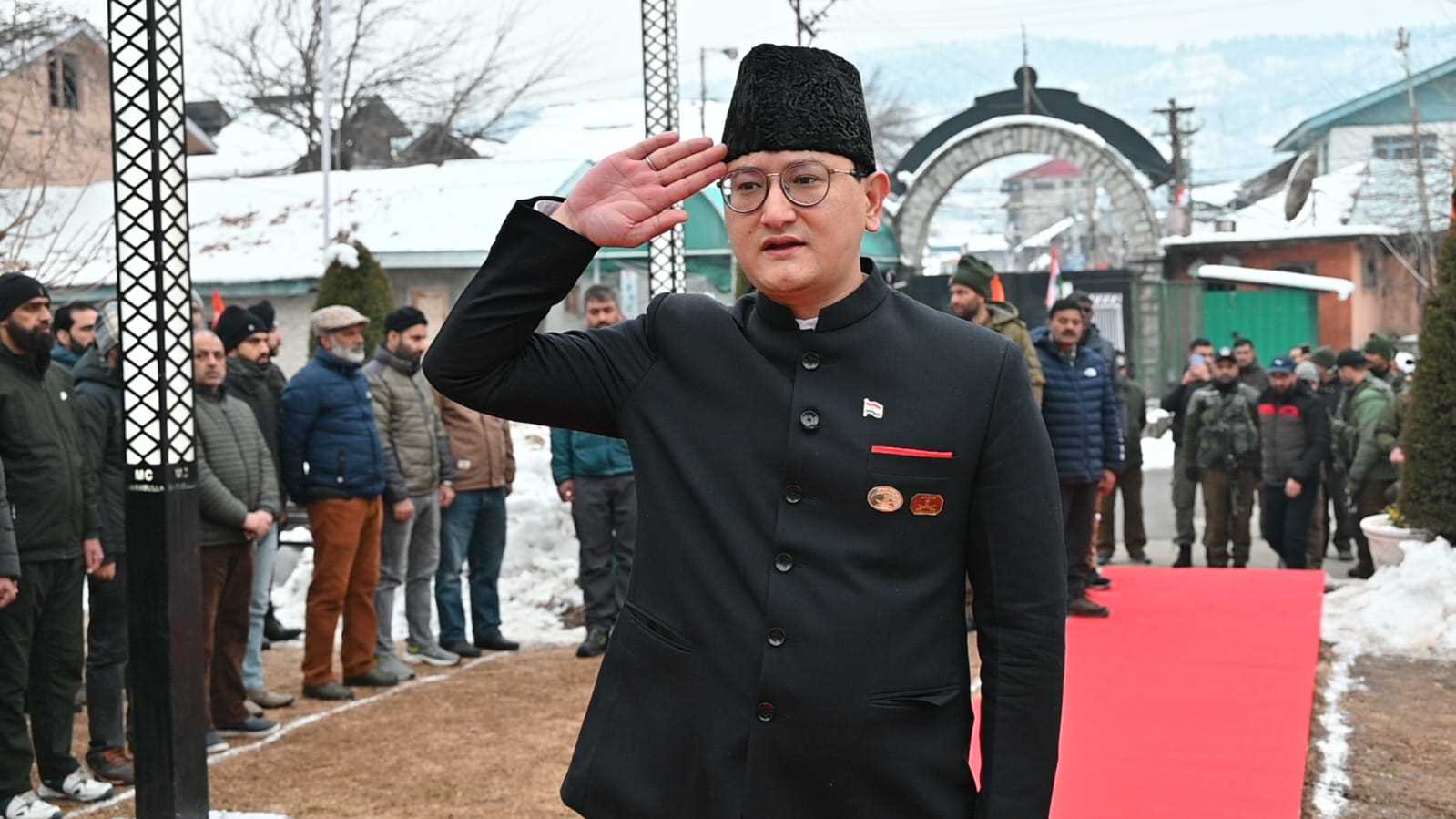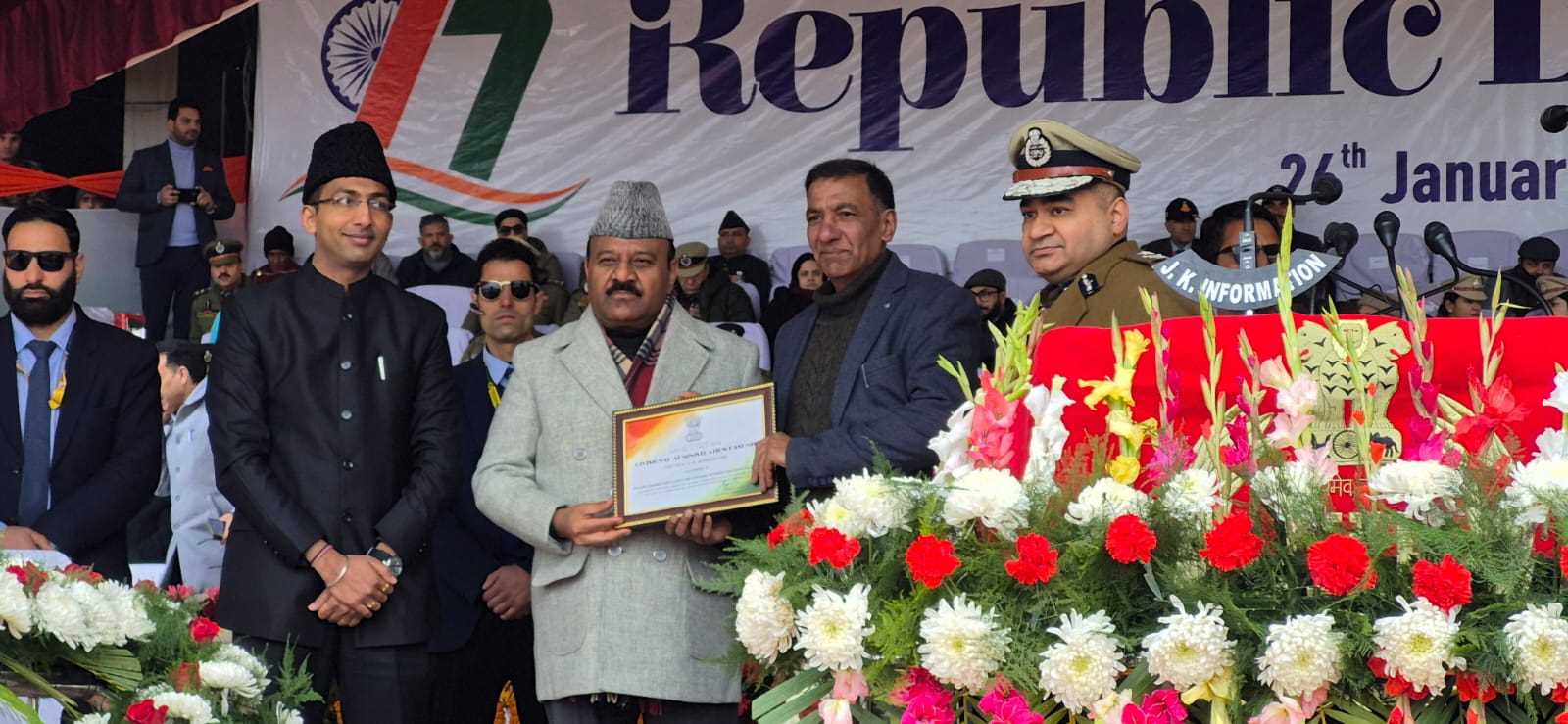Privatization can result in significant cost savings for the government, as private entities often operate with a focus on efficiency and cost-effectiveness
Outsourcing and privatization have emerged as prominent trends in various sectors globally, including the armed forces. This paradigm shift is driven by a quest for efficiency, flexibility, and cost-effectiveness. In the context of the Indian Armed Forces, the decision to outsource certain functions and explore privatization has sparked debates and controversies. This article delves into the nuanced impacts of outsourcing and privatization on the Indian Armed Forces, taking into account global perspectives, trends, advantages, and disadvantages .Globally, armed forces have increasingly embraced outsourcing and privatization to optimize operations and reduce costs. Notable examples include the United States and the United Kingdom, where private entities are engaged for services ranging from logistics to training. This strategic shift aims to enhance operational efficiency and adaptability, reflecting a broader trend in modern military management.
In India, the outsourcing trend in the armed forces is conspicuous in areas such as logistics, maintenance, and training. Private companies are being contracted to provide specialized services, allowing the military to concentrate on core operational activities. These trends reflect a pragmatic approach by the Indian Armed Forces, acknowledging the need for modernization and resource optimization in an ever-evolving geopolitical landscape. Efficiency and Specialization: Outsourcing enables the armed forces to tap into the expertise of specialized private entities, leading to enhanced efficiency in non-combat functions. The military can leverage the efficiency and innovation that private companies bring to the table, streamlining processes that might be cumbersome within the confines of traditional military structures.
Privatization can result in significant cost savings for the government, as private entities often operate with a focus on efficiency and cost-effectiveness. This financial relief allows military budgets to be allocated more strategically, potentially enhancing overall defense capabilities. Involving private firms introduces innovation and advanced technologies that might be challenging for the military to develop independently. This infusion of fresh ideas and capabilities can contribute to the armed forces staying at the forefront of technological advancements. One of the primary concerns associated with outsourcing critical functions is the potential compromise of security and confidentiality. Entrusting sensitive military operations to private entities raises questions about the safeguarding of classified information, posing potential risks to national security. Overreliance on private contractors could lead to a loss of control over certain military functions. The armed forces might find themselves dependent on external entities, raising questions about the resilience and autonomy of the defense apparatus. Privatization decisions in the armed forces may encounter public resistance, as citizens may express apprehension about profit-driven entities handling crucial aspects of national defense. Maintaining public trust is crucial, and any perceived compromise in this regard could impact the overall effectiveness of the defense strategy.
The impacts of outsourcing and privatization on the Indian Armed Forces are complex and multifaceted. Striking the right balance between outsourcing non-core functions and maintaining control over critical military capabilities is imperative. While outsourcing offers potential advantages such as cost savings, efficiency, and access to specialized expertise, it also introduces challenges related to security, dependency, and public perception.As the Indian Armed Forces navigate this intricate terrain, a judicious approach to outsourcing and privatization will be crucial. Careful consideration of the advantages and disadvantages is paramount to safeguarding national security interests while harnessing the benefits that outsourcing and privatization can bring to the modernization and efficiency of the armed forces. Balancing these factors will contribute to the resilience and adaptability of the Indian Armed Forces in the dynamic geopolitical landscape of the 21st century.








